This time, let’s look at the mistakes, the errors that students make while giving their IB English Lang Lit exam. We’re always told what we should do in an exam, what we should pay attention to. But let’s look at tips to avoid making these mistakes, so you can score better.
The IB Lang Lit exam may seem easier to some students, I mean it’s just an English paper, right? Definitely not rocket science. But you are wrong if you think that way. Nailing the IB English Lang Lit exam would get you a better score. Its importance is not debatable at all, and you need to give it the same amount of time, understanding, and practice that you would need for any other subject.
So let’s begin with the basics first. What is the IB English Lang Lit Paper all about?
The IB English Lang Lit Paper 1
This paper deals with the analysis of media. That’s all. When you look at any advertisement, interview, review, travel magazine, personal experience, web page article, comic strip, and many other forms of media – they’re all written with a purpose. They use certain themes, ideas, and address a certain audience. They appeal to this audience using visuals, creative writing techniques, and literary tools to keep them hooked.
What to expect
Your task here is to break down the media text provided in the paper and analyse it as much as you can in the 1 hr 15 mins time you get as an SL student, or the 2 hrs 15 mins time limit you get as an HL student. The main difference between these levels, SL and HL, is that the former gets a choice to answer one of the two texts provided in the paper, whereas the latter has to mandatorily answer both questions.
Does it sound tricky now? Read ahead how to get close to dealing with it.
1. Don’t just browse through the text and the question

The question is key to your answer. For example, ‘How is the text and image interplay used by the author to create appeal?’ you may find this as the standard question, or variations of it, in your paper. But this question should help you form a central idea which you can use to plan, brainstorm, and implement your ideas in the answer.
Reading the text thoroughly is key to lifting key components that help your case. You are given an ample amount of reading time before you start writing, so don’t take it lightly. You aren’t supposed to stick just to the main text – study the blurb, the name of the author, the source of the text, as well as any footnotes provided towards the end. All of this is important. And as we always guide IGCSE students in their English 0500 papers, annotate the text as you read. Make little notes around the text and image and underline any literary terms and techniques that you can find.
2. Never begin your answer without a plan

This may sound monotonous to you as we have always mentioned it in previous blog posts. But believe me you, writing an essay-style answer without a plan is outright suicidal. You don’t know where to begin, where to end, and everything in between. Without a plan, you’re as good as lost in the middle of the sea without a life jacket or anything to hold onto.
Instead, forming an outline before you stick pen to paper is the ideal way to go. Divide your essay into an intro, body, and conclusion. Think of 3 key ideas that you would want to expand on, preferably thematic ideas. Are these ideas supported with enough evidence and examples? Can you write 2 mini body paragraphs on each idea? Think and then make notes before you begin.
At Young Scholarz, we help students with our very own answer planner so they can get used to planning their essays before the big day approaches.
3. Examiners don’t like lengthy or inconsistent paragraphs

Now that we’re talking about body paragraphs, we would also like to share that as examiners who have marked every IB English student’s answer, in detail, do not like bulky paragraphs. They should be well spaced out and consistent in the number of words/lines.
You cannot split the introduction into 2 paragraphs, or even the conclusion. But you need to split the 3 big body paragraphs into 6 smaller ones. Avoid sticking to the 5-paragraph structure, which seems juvenile at this point. And, always form a link between your key idea and the central idea for the entire answer.
Focus on one key idea and then transition very smoothly into the next paragraph. Try to do justice to your ideas with sufficient evidence and explanation. When paragraphs are massive, it can lose the required attention needed by your examiner to award you the mark that you deserve.
So make your content less heavy and give the reader a pause.
4. Focusing on just a few ideas

We have seen so many students write answers that appear to be well-written at the first look. But as you take a closer look, the same idea is repeated over and over, with round-the-bush sentences that keep going on. We feel this happens because the student is stuck in a loop, they have generated very few ideas and are struggling to make more sense out of it than they already have.
In order to broaden your perspective, you need to practise more. Only then would you be exposed to so many different kinds of texts and techniques, and how different authors use multiple approaches to attract their readers.
Fewer ideas lead to lesser analysis, thereby jeopardising your entire answer. Try generating at least 3 supporting ideas for each thematic strand, and 5 would be much better. This would show the examiner how much you have studied the text.
5. Using an AK-47 on a myriad of ideas

Where fewer ideas are detrimental to your final score, too many ideas aren’t that great either. Without proper planning, you can be left to climb onto any shred of evidence and explanation that you can get your hands on. Having a mix of ideas, tools, techniques extracted from anywhere around the text is a pain to read.
Your examiner would not be pleased to read an Eton mess of words and symbols that make little to no sense due to the lack of flow between these ideas. Focusing on many many ideas can ultimately lead to this stage. Doesn’t sound like good news, does it?
So what’s the solution? As mentioned previously, stick to a decent number of supporting ideas for your body paragraphs – 3-5 at least. This would help you give more time to each idea. You need this time to develop your ideas better, so you can come up with more sensible and mature deductions.
6. Leaving your answer incomplete

I can’t tell you how many answers I’ve marked where students have not written a conclusion! Imagine watching a movie – any movie – I like thrillers so I’ll stick to that, anyway… The previous sentence was left halfway on purpose.
Do you see how annoying that can be? What if The Shining had started rolling credits at the scene where Jack had finished axing the door? Or Shutter Island had ended 5 minutes before? Leaving an essay without a conclusion really does not sound like good news for the student. It is the last paragraph that sums up the whole answer.
The conclusion’s purpose is to summarise the key ideas from the entire answer and leave a lasting impression on the reader’s mind. It ties up multiple loose ends that could be left that way all throughout, and also urges the reader to think about how relevant this text is in today’s times.
Not having the conclusion paragraph also shows how the student has not been able to manage their time and couldn’t complete their answer in the given time.
7. Taking your penmanship lightly

As mentioned previously, not managing the exam time is one of the biggest reasons behind the student’s poor penmanship. Personally, I have had to take the help of my colleagues at times to help decipher what a word means. And honestly, it has made me take an aspirin, or two.
It may sound of little importance, as we use buttons and touchscreens today. But having great penmanship is a skill most underrated in this era of technology.
As the IB Exams are required to be handwritten, it is but natural that you work on it. As basic as it sounds, how can you mark a paper when you can’t read it? The examiner would be naturally frustrated and mark the answer down, no matter how great those ideas were when the student wrote them. But if they can’t be understood, how can they be graded?
As you still have a few months left before you appear for the exams, you can still work on writing with clarity. Practise now more than ever so you can manage your time and write with patience.
To sum it up,
There you have it. 7 mistakes to avoid if you want to score better.
Mastering the IB English Lang Lit Paper 1 exam requires strategy, practice, and attention to detail. Avoiding common mistakes—like failing to plan, overloading your answer with too many ideas, or neglecting a conclusion—can significantly improve your score.
At Young Scholarz, we provide students with structured exam prep through group classes and solo classes, helping them develop analytical skills and writing techniques essential for success. Whether you’re tackling IB English Lang Lit for the first time or refining your approach, our expert guidance ensures you walk into the exam with confidence and a clear plan.
For students based out of Singapore, we even provide in-person tuition at our dedicated space for learning.
Register at Young Scholarz for Lifelong Learning today.








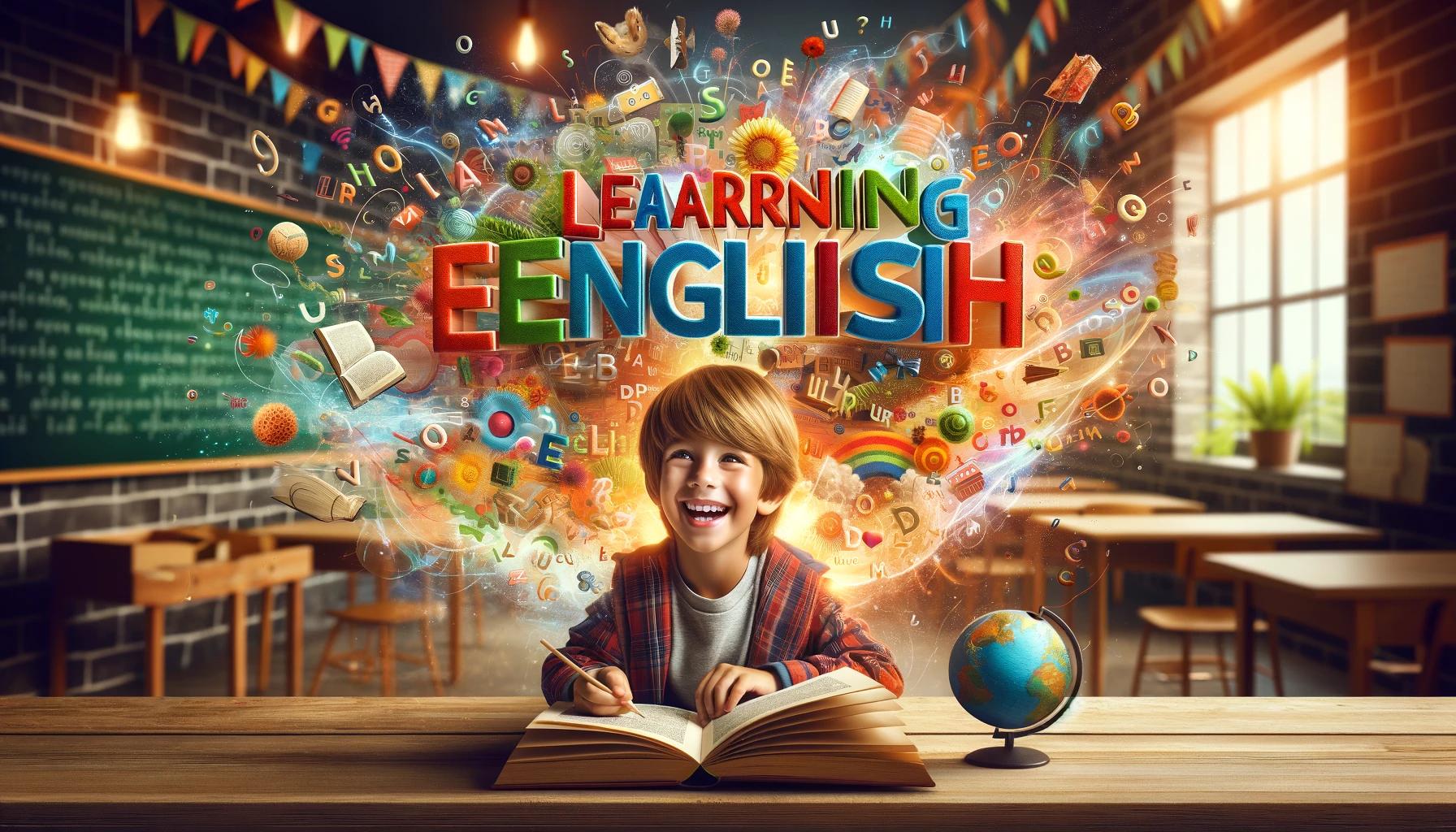








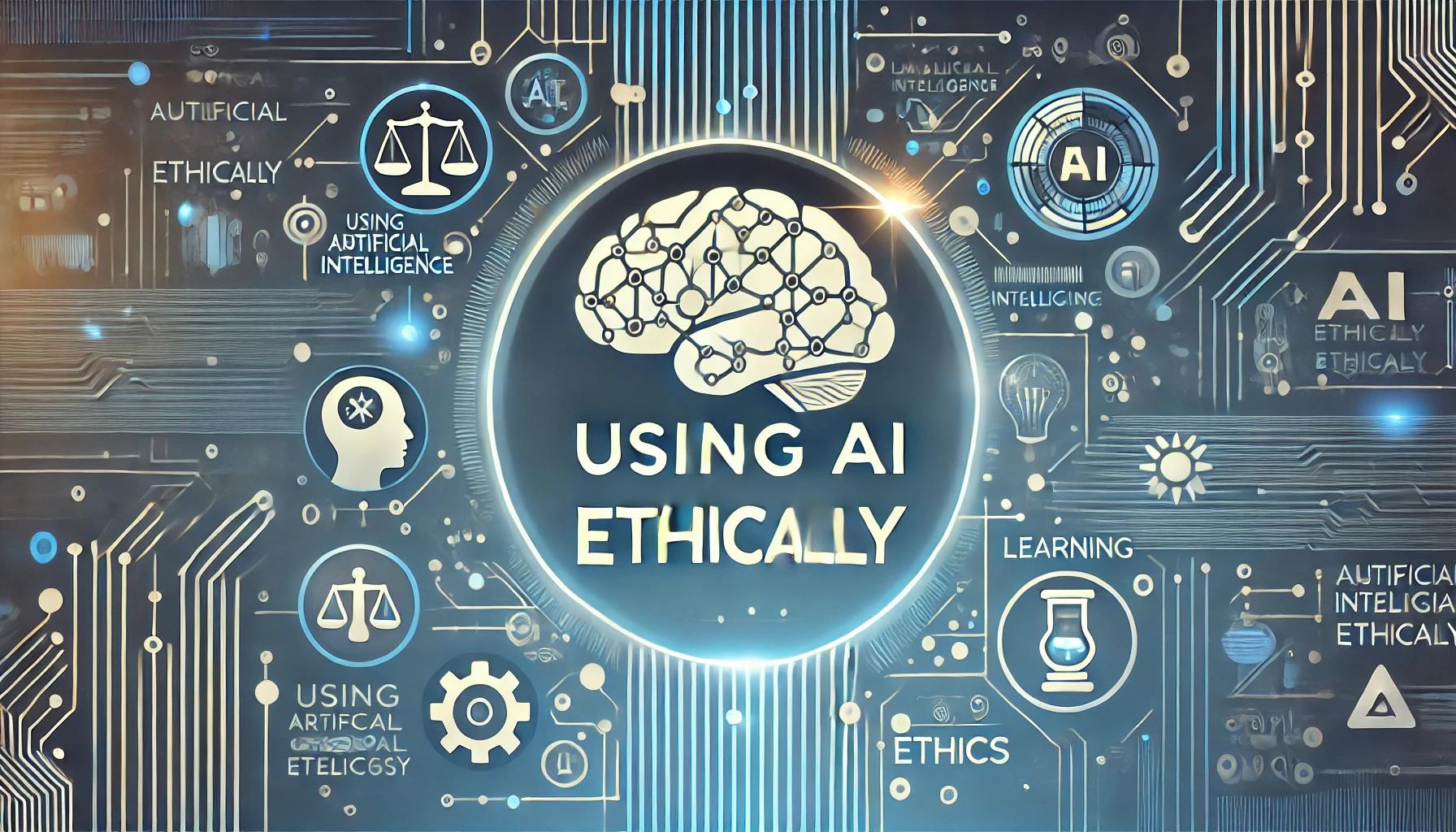












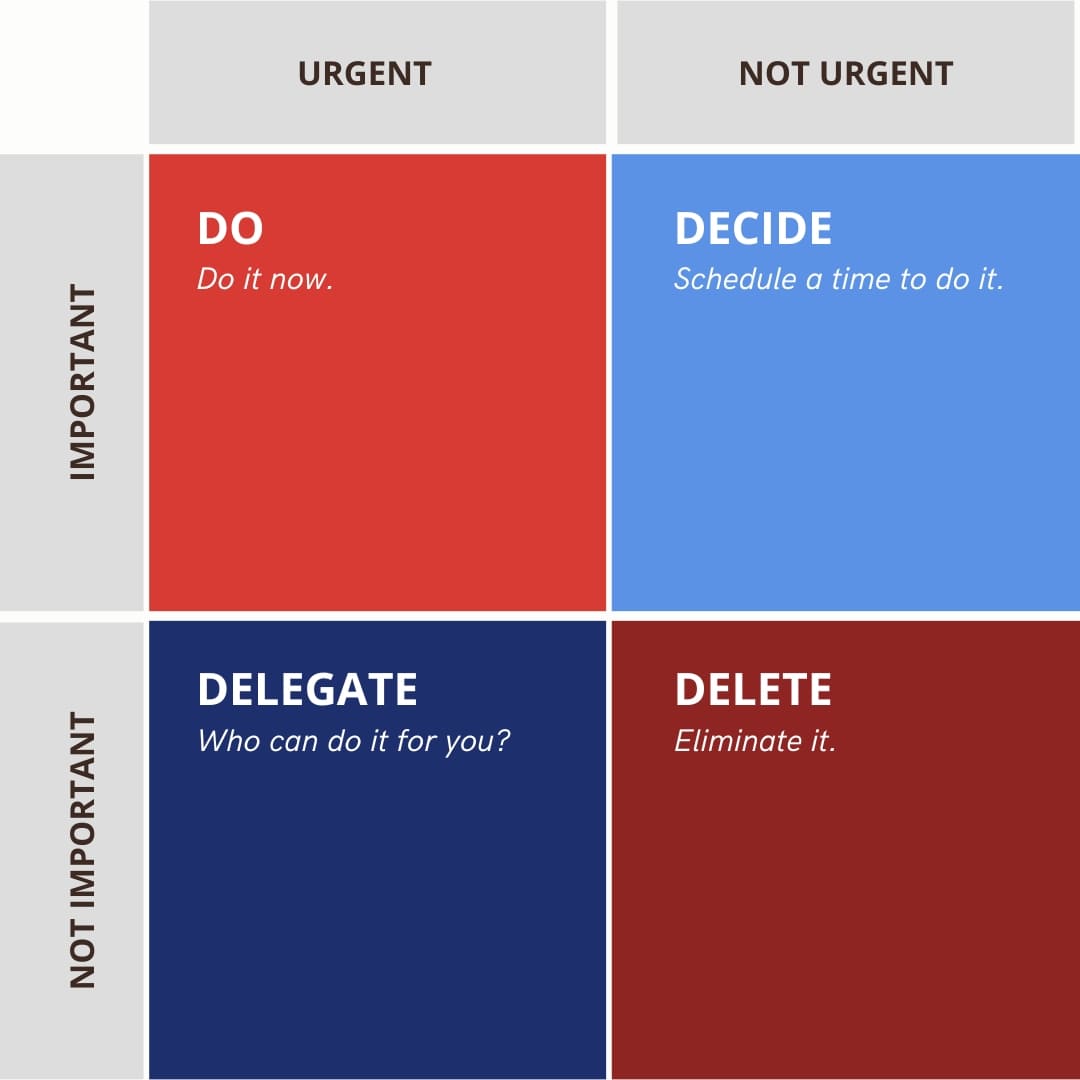






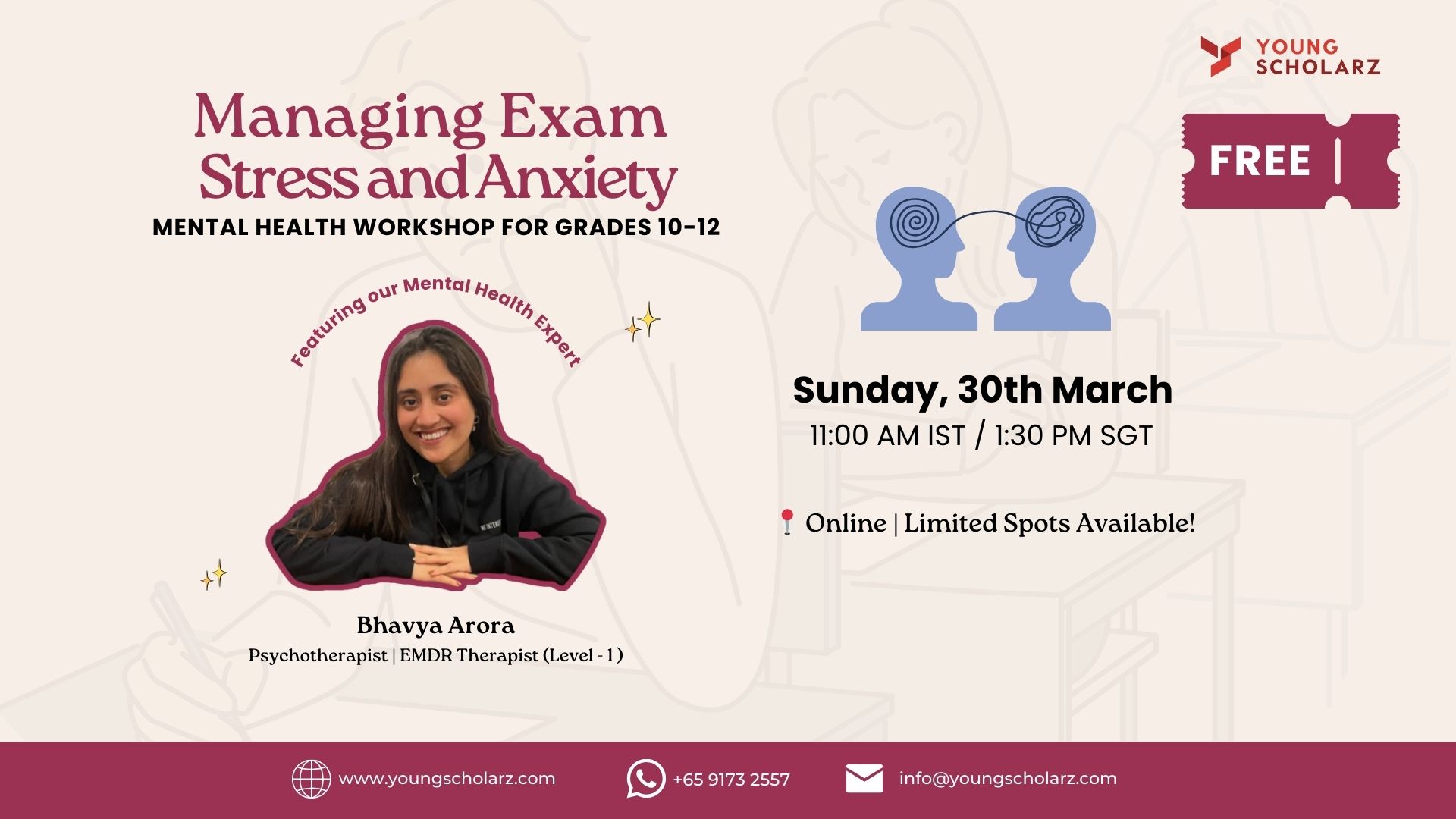
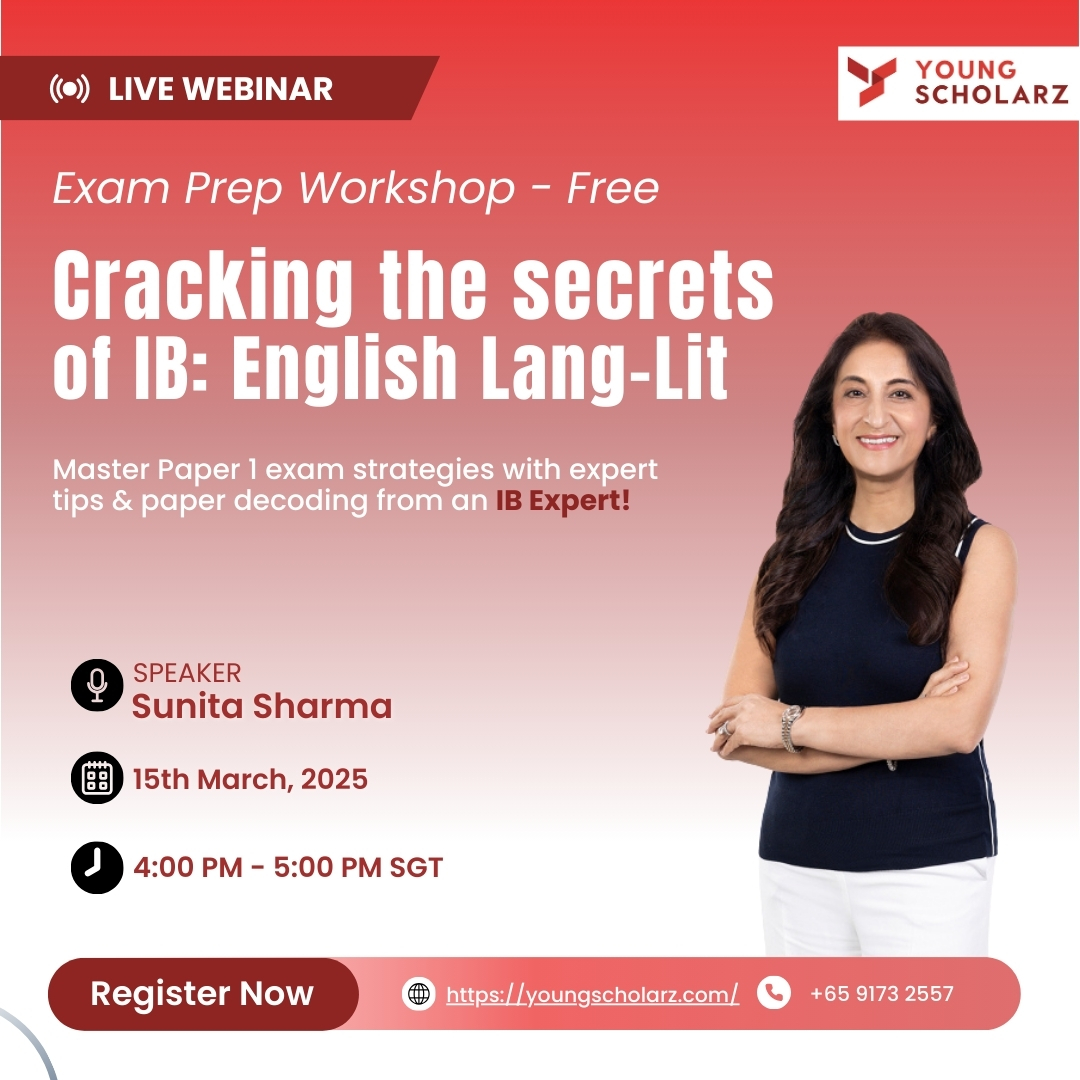
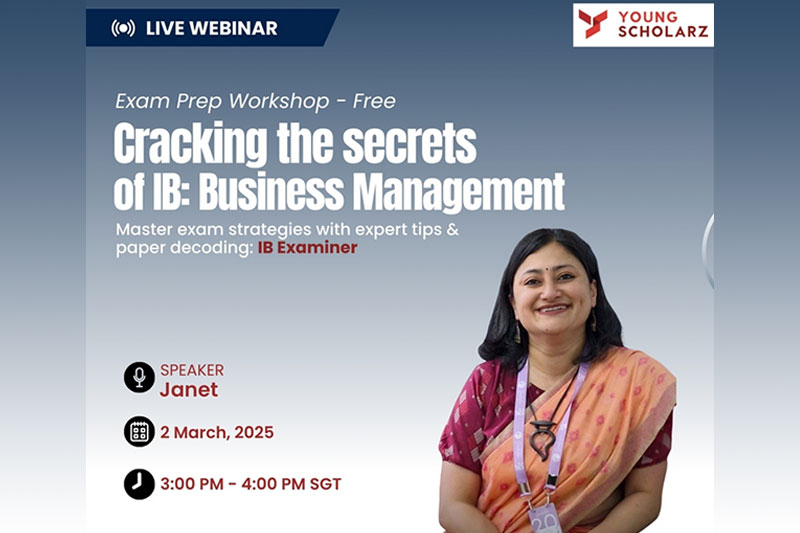





















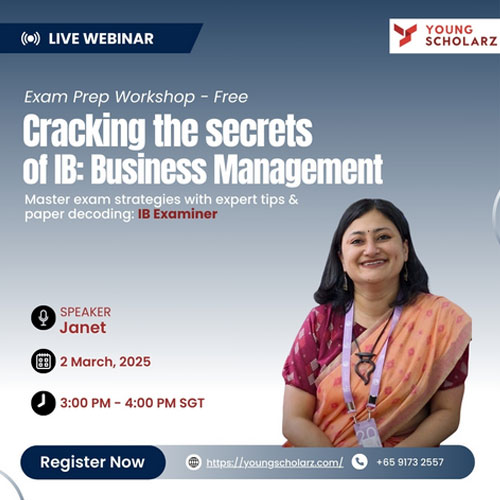







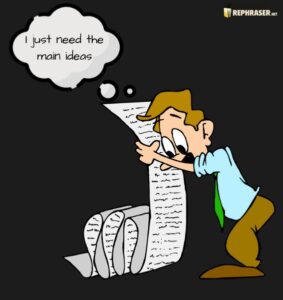 The Hack:
The Hack:







